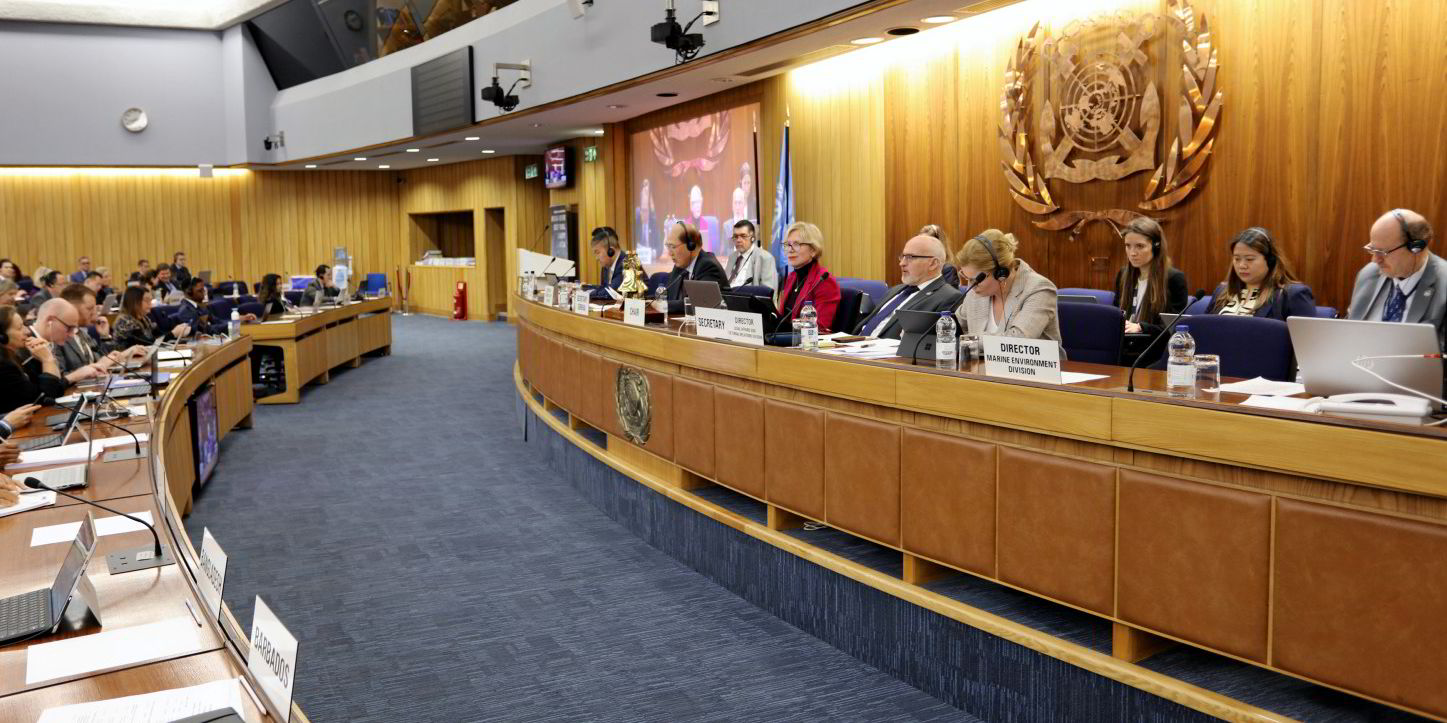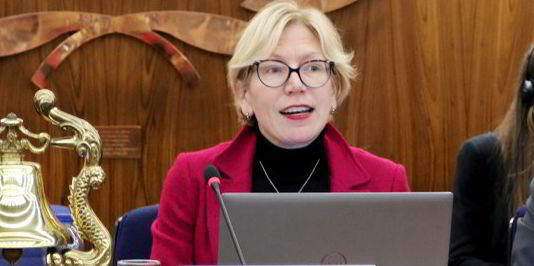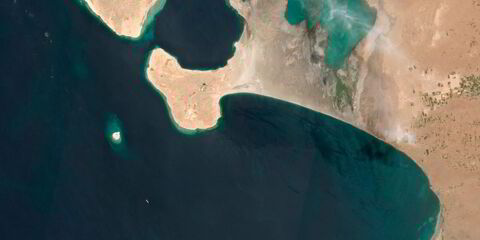The International Maritime Organization has signalled a path to ending the 37-year wait for a system to ensure a genuine link between vessels and flag states to tackle the growing problem of registry fraud.
The 1986 United Nations Convention on Conditions for Registration of Ships, designed to tackle concerns about limited regulation of vessels by flags of convenience, has been ratified by only 15 states — short of the minimum 40 required.
The UK has called for a rehabilitation of the convention, which it says has become “homeless” within the UN system.
The rising problem of falsely flagged ships since 2015 has brought the issue into sharper focus.
More than 100 vessels are operating under false flags — either using forged papers or under the auspices of fake registries, the IMO heard on Wednesday. Canada’s Gillian Grant, chair of the IMO’s legal committee, described the issue as “clearly a grave problem that goes to the heart of the regulatory regime”.
China has called for a dedicated database of false-flagged vessels to increase scrutiny on ships that have been linked to sanctions-busting, risky ship-to-ship transfers and going dark by switching off their AIS systems.
While flag states have jurisdiction over ships flying their flags, the growth of open registries, allowing foreign vessels to use them with few conditions, has created a “jurisdictional vacuum” at sea, a British parliamentary committee found last year.
In the 1950s, open registries accounted for less than 5% of the global fleet. Now the world’s leading registries — headed by Panama, Liberia and the Marshall Islands — are all open registries.
The House of Lords committee on international relations & defence warned that the UN Convention on the Law of the Sea risks becoming unfit for purpose because of the failure to enforce pollution, labour protection and tax breaches.
But experts told the committee that efforts to strengthen the flag state system were scuppered by countries that oppose meaningful legal supervision.
The committee called on the UK government to take a lead by signing the document to ratify the 1986 convention that was initially discussed by the UN’s trade body, UNCTAD.
“The government should take a leadership role and work with others to ensure the link between vessels and the state in which they are registered is genuine and substantial,” the report concluded.
The 1986 convention established international standards for the registration of vessels including reference to a genuine link, and clarified issues of ownership, management and flag state roles, the UK told the IMO on Wednesday.
It wants a fresh look at the convention “to determine what changes are required to it to best reflect global ship registry today”.
“We believe that the appropriate home for this convention should be the IMO,” the UK said at a meeting of the IMO’s legal committee.
IMO legal director Fred Kenney said it would be possible for the IMO to take over consultations on the convention if member states and the General Assembly agree.
“So it is possible for the IMO to begin working on the ’86 convention,” he said.




